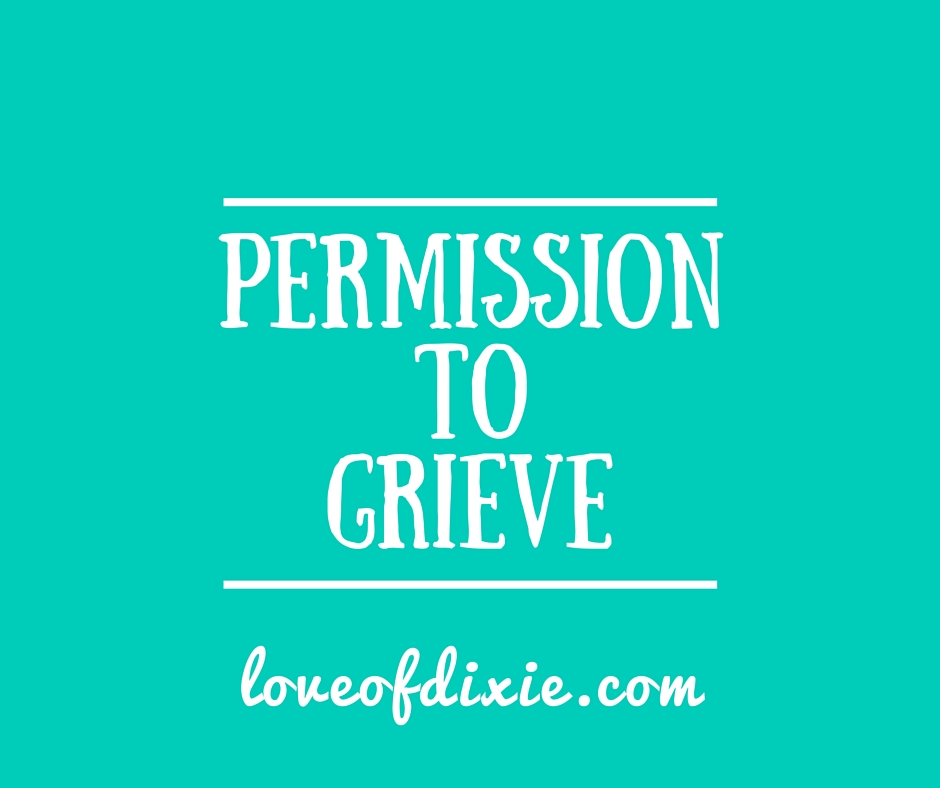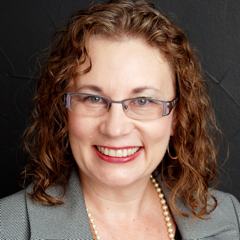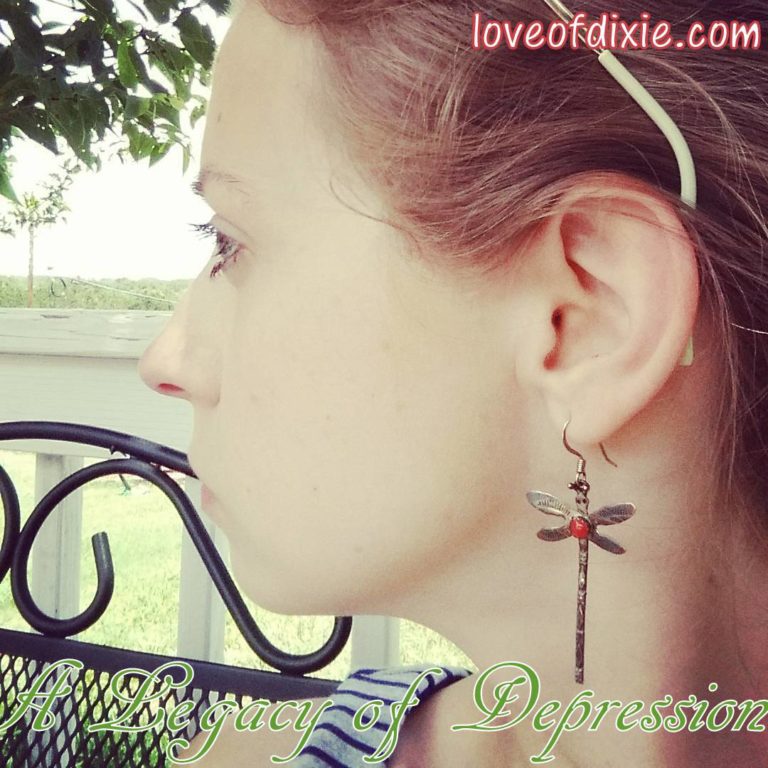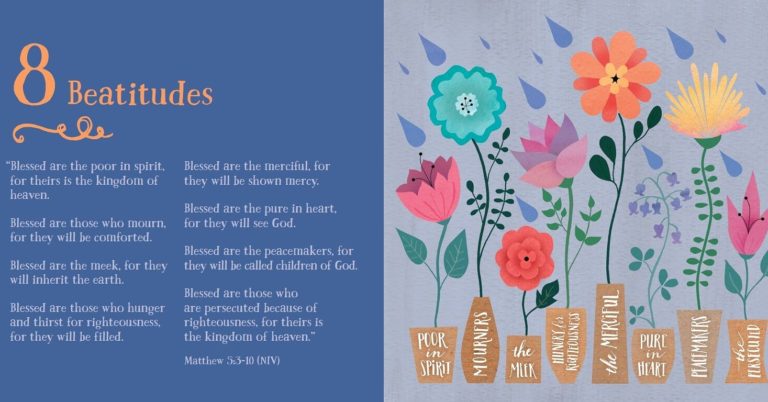Permission to Grieve: The Roller Coaster of Life by Michele Gooch
This week’s Permission to Grieve post comes from my For the Love launch team sister Michele Gooch.
Michele shares with us three different grief experiences–the loss of her grandfather, the loss of her baby, and the loss of her expectations as a mother. And she shows us how she learned to grieve well.

Permission to grieve
The roller coaster of life
Our grieving is as individual as our thumb prints. There is no typical response to loss.
When I was 20, my grandfather died.
As I drove through three states to arrive at the funeral, life felt normal. I had no idea when I opened the door to my grandmother’s house and headed up the stairs to find her that grief would hit me like a ton of bricks the minute she wrapped her arms around me. It seemed that on more than one occasion, grief surprised me.
Months later, I was standing in the Hallmark store picking out a birthday card for a college roommate when something I read in a sappy card reminded me of Grandpa, and I began to cry right there in the card section.
Grief is a roller coaster. Sometimes you lose your stomach, and sometimes you don’t, and you never know exactly what to expect.
Shock and disbelief are common in the middle of loss.
A few years after this first experience with loss, I was laying on a table in the doctor’s office with a technician performing a sonogram while my precious 1 year old played on the floor. The tech was measuring all the different bones on the sonogram picture. Things weren’t progressing quite on schedule but there was obviously a baby in there. Anyone could see that.
The technician said very plainly to me that there was no heartbeat. But I didn’t hear what he was saying because he was measuring the bones of what was obviously a baby. I remember at some point in that appointment asking, “What do you mean?” He’s answer was to get the doctor. The doctor said we’d need to schedule a DNC. “What do you mean?” Because there is obviously a baby in there. My unseen, unnamed, un-held baby was dead and no one seemed to be impacted by that.
I would grieve alone because the baby was obvious only to me.
If you find yourself in the middle of grief, it can be hard to accept what is happening — that’s a typical response.
I’ve had the privileged of raising two handsome, intelligent, kind and adventurous sons.
The most profound grief I have ever experienced is when they took different roads than I expected — different moral and faith roads. I would sit in my chair in my bedroom and cry uncontrollably or walk to the neighborhood cemetery and grieve like I’d just put someone in a grave.
One day my husband told me, “You have to stop crying.”
Intense sadness, feelings of emptiness, despair, and yearning are hard to wrestle with while you go to work, raise the kids, invest in the community and mentor the girl next door. I’m not sure I did any of those well during that time of grief.
However, I learned some things about how to live (by live, I mean stay fully alive) in the midst of overwhelming grief.
The single most important factor in healing from loss is support.
I had three different women who showed me great support. One was literally my walking partner. As we walked through the neighborhood every week, I would vent my anger. I could say anything to her and she wouldn’t react!
Another friend let me sit on her back porch every month and cry. She understood my pain and wasn’t scared of it because she had walked a similar road.
A third friend got with me every two weeks and prayed the most encouraging prayers over me. I always left those three women feeling less burdened by my grief.
Sharing your loss makes the burden of grief more manageable.
More than any other time in my life, I had to take care of myself. The stress of loss can quickly deplete you. One way I would take care of myself was to schedule time to grieve.
Between household chores, full days of work, and family together times, I would schedule time to sit in my chair and cry. Some days tears didn’t come, other days they burst forth like a raging river.
Either way, I had made time to acknowledge my pain, and that was good for me.
Another necessity for me was working out at the gym three times a week. That workout helped me manage my grief, my emotions, and my stress.
Whatever it means to take care of yourself, start doing it right now.
These are not my only stories of grief, just the ones I can articulate today. Please hear me when I say, I’ve learned to thrive in spite of my many losses. You can, too!
Grief is unpredictable; accept that it will catch you off guard.
Embrace the fact that it is a process that cannot be skipped. If you avoid it now, it will have to be reckoned with later.
To be fully alive in the middle of your grief will take work but it’s do-able. I encourage you to start taking small steps today.
Michele Gooch at Life by Design
Michele Gooch is a life design coach who inspires successful, savvy people in transition to pursue their passion by providing them the clarity and tenacity to forge a new path that leaves their mark on their world at Life by Design.






“Being fully alive in the midst of overwhelming grief.” It is possible! So much wisdom here from real life experience. Thank you for sharing!